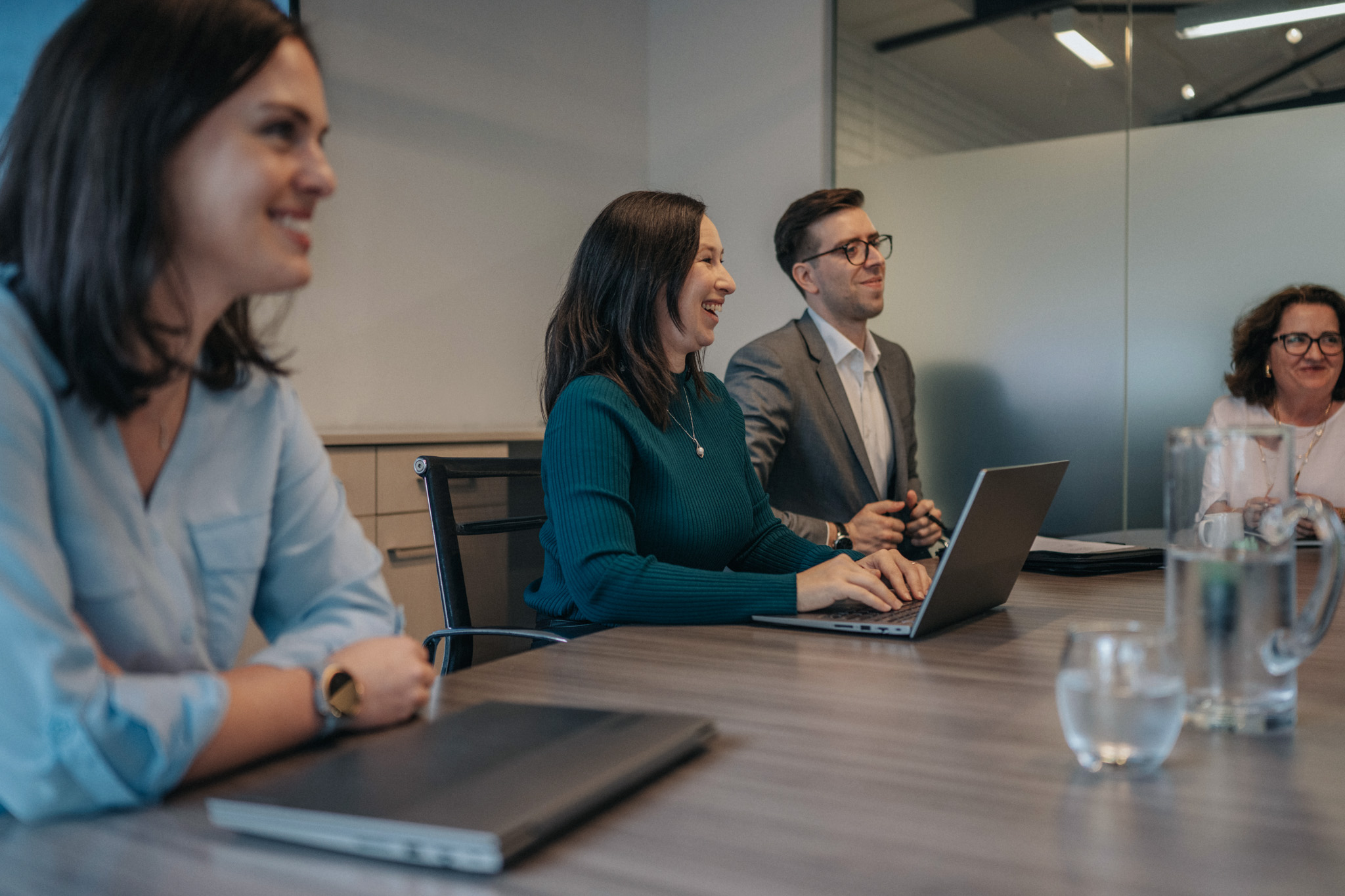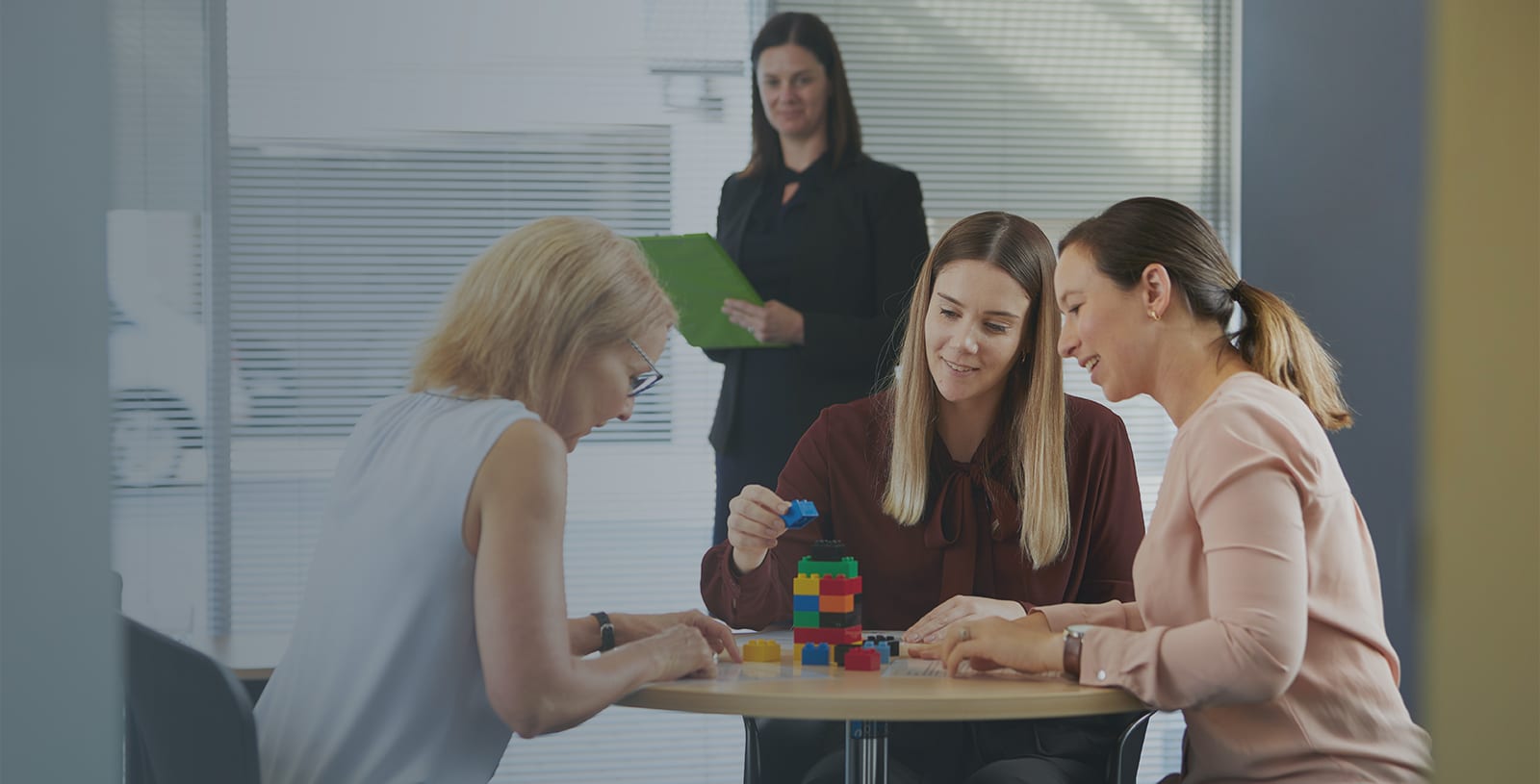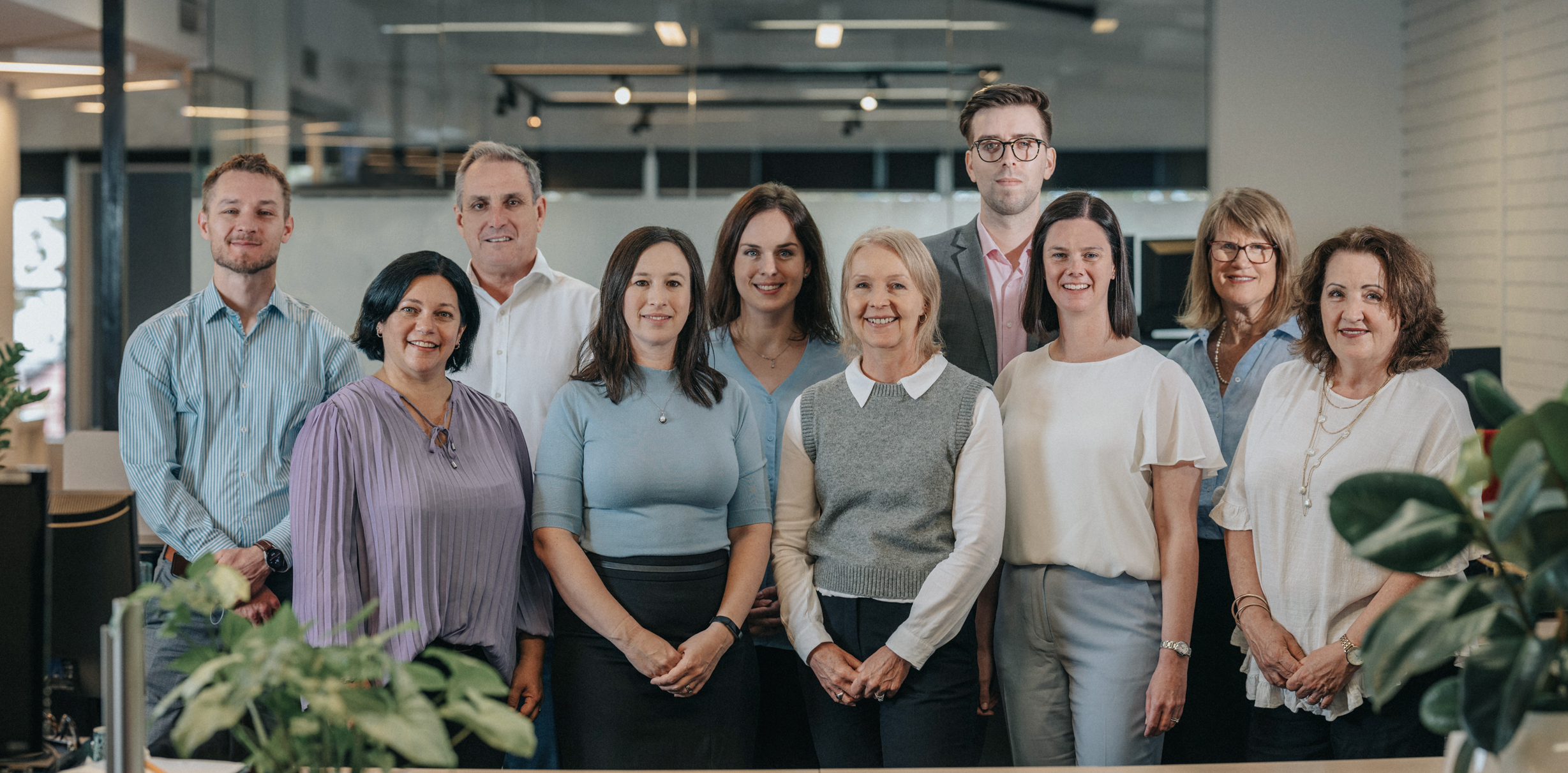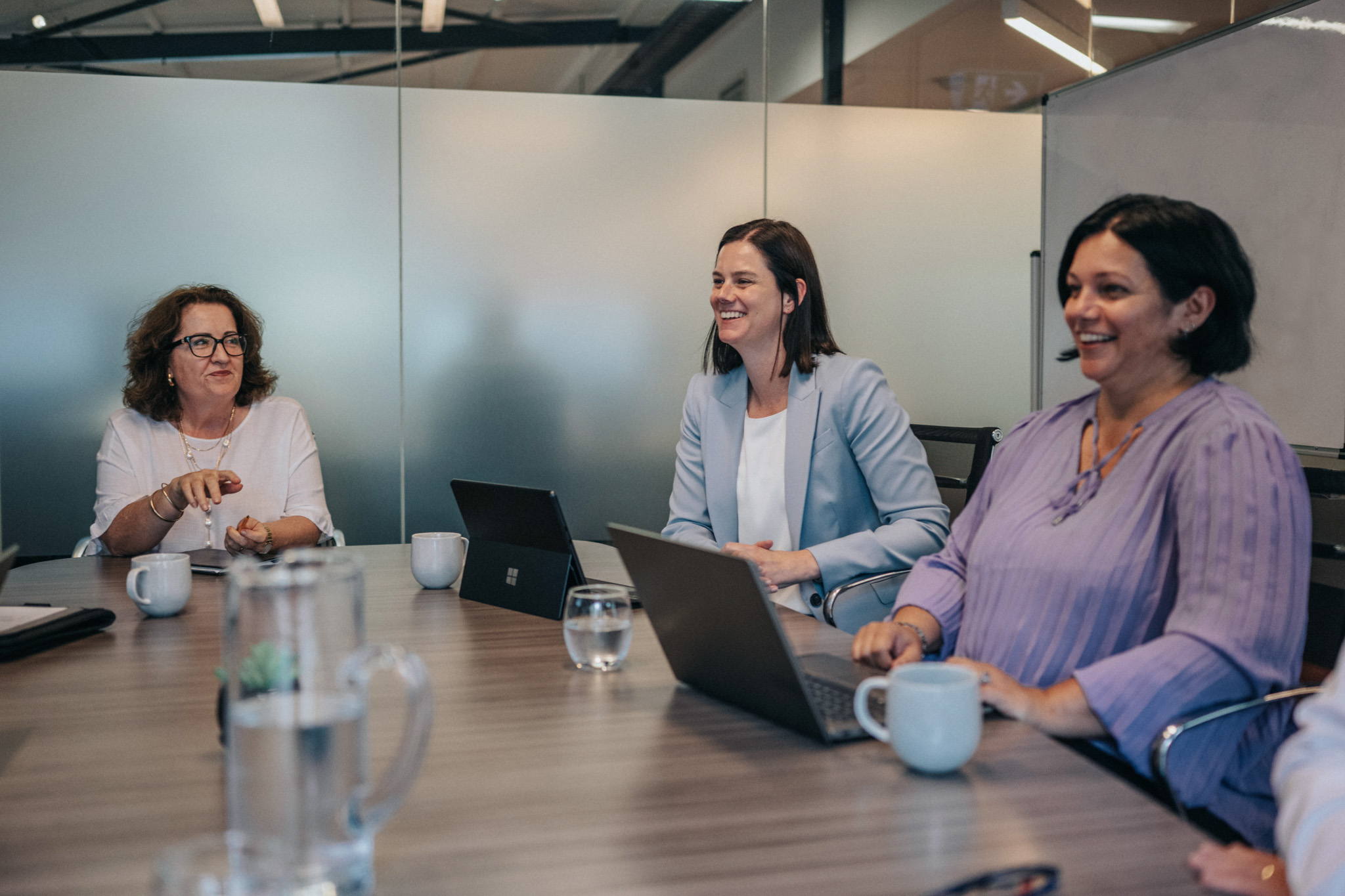Developing Communication & Collaboration Skills with Individual Coaching

People Solutions has worked with this technical services consultancy for a number of years, providing guidance in a range of services to support their growth strategy including psychometric assessment for development purposes and team development days. The Managing Director identified an opportunity for us to work one-on-one with one of their Senior Specialist in providing individual coaching.
Client Objective
This customer wanted the individual to engage in coaching to develop their skills in interacting with and collaborating with the team, critical for this individual’s goal to be able to move from a Senior to a Principal Technical Specialist.
Situation & Challenge
This individual had operated successfully in their work and within the organisation for a long period of time. Due to this and their career ambition, they had a strong desire to move to a Principal Specialist role. Their strengths were exceptional technical skills and knowledge, building customer relationships and a pipeline of ongoing work, and providing value-add, high-quality solutions for customers.
The challenge for this individual was the growth of their leadership skills, which to date had not been critical for their role but had been highlighted by the Managing Director to be improved on for this individual to operate well as a Principal Specialist. Specifically, this was to develop skills in showing empathy, working collaboratively with others, and providing support, guidance, and patience with less experienced team members.
Solutions
The first phase of the coaching process was to establish a partnership between the Coach and Coachee. This is a discovery phase in understanding the key issues and desired business outcomes (i.e., assessing the past, current, and future view) and fully understanding their commitment. At this point, we also assured confidentiality, establish trust, set individual goals aligned to the organisation’s objectives for coaching, answer questions on the process, and establish a timeframe.
From this discussion, it was evident that the individual was motivated to participate in this coaching process and had a willingness to be open to trying something new.
The individual participated in 4 x 1-1.5 hour sessions, with a follow-up review session, as well as personality and emotional intelligence assessment with feedback and report on results to support their professional development.
Following this discovery phase, the individual completed the assessment and received feedback. From this, it was identified that the individual enjoyed interacting and engaging with people, but was not naturally as focussed on how they worked collaboratively with others and how to support others to achieve results. Further, they tended to find it challenging to manage their emotions and use empathy during times of stress or extensive work pressures and preferred to manage these situations on their own rather than involving other people.
From this and the discussions had between the Coach and the Coachee, the coaching sessions were focused on four key areas of focus.
- Determine career development/next career move
- Improving interactions internally/relationships with all team members
- Understanding people’s strengths and limitations – how to communicate with them to get the most from them
- Managing oneself and one’s emotions in the workplace
The remaining sessions were focused on working with the Coachee in developing actions to work towards these goals, discussing scenarios that had worked or not worked as the Coachee had planned, and developing and practicing tools and strategies to manage similar situations in the future (e.g. perspective taking, locus of control, power of questioning and active listening).
Result
The Coachee was very open to discussing their challenges and considering different options. During the sessions, there were robust conversations, coupled with a willingness from the Coachee to see situations from different perspectives. Further, they had a desire to try new things and put what was practiced into action.
An outcome of these sessions was an Individual Action Plan that was shared with the Managing Director and incorporated into the individual’s ongoing development plan. Six months after the coaching program had finalised, the Coachee was promoted to the Principal Specialist role.
The Managing Director outlined some key behavioural changes that were evident that led to this promotion including; more effort and time spent engaging with a range of different people, offering support and expertise to others in the team, and contributing effectively and constructively to team discussions.



